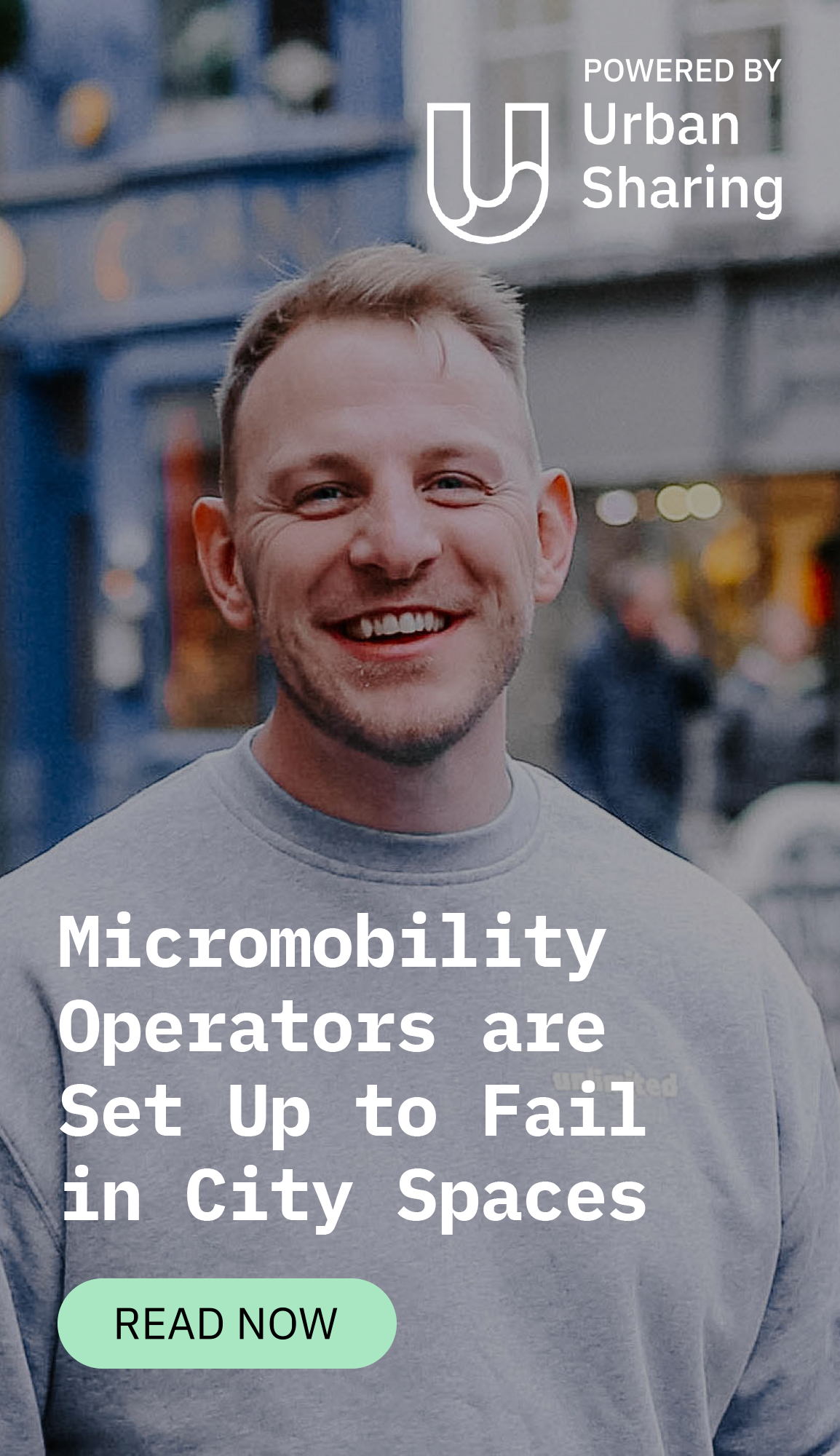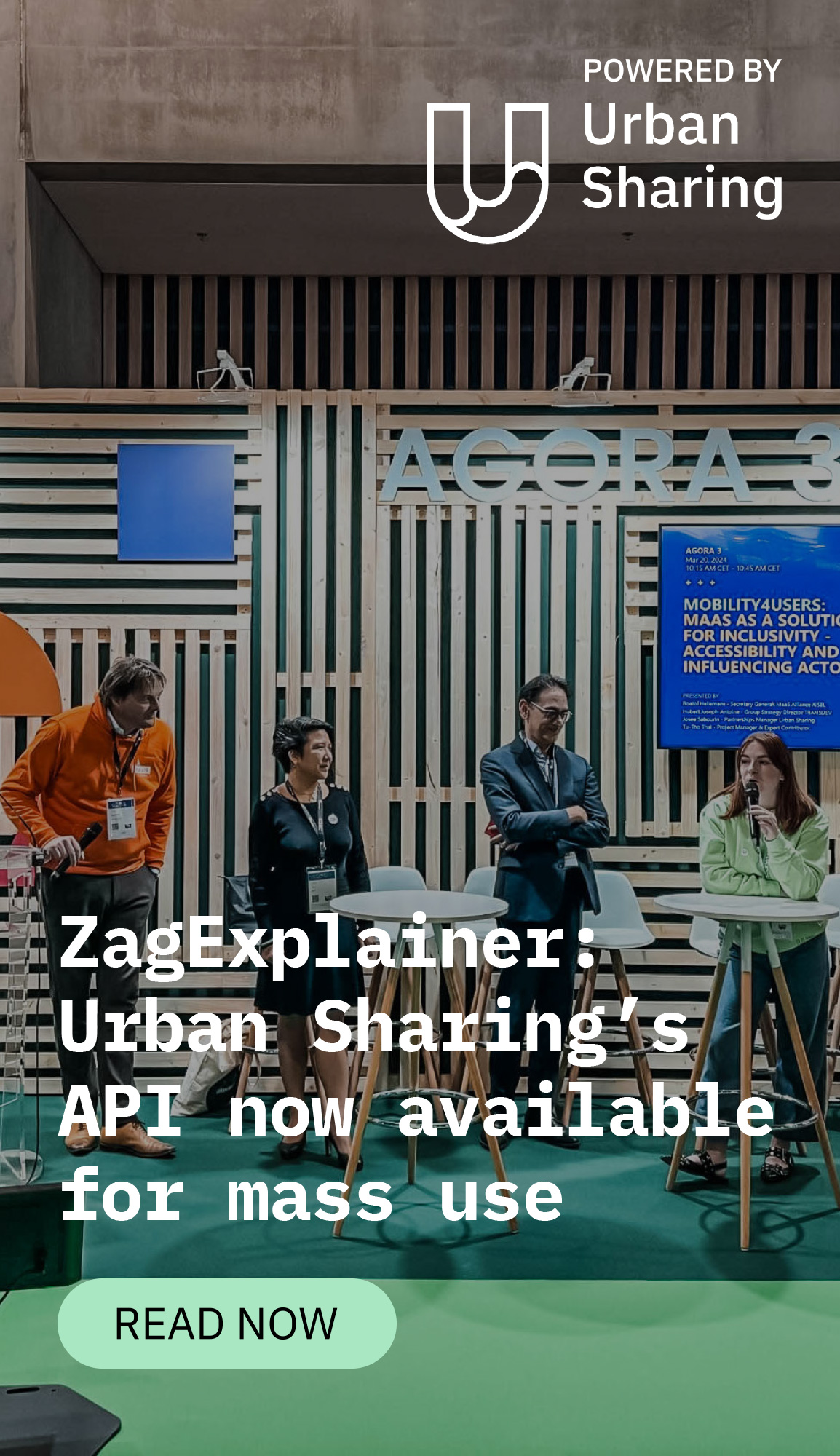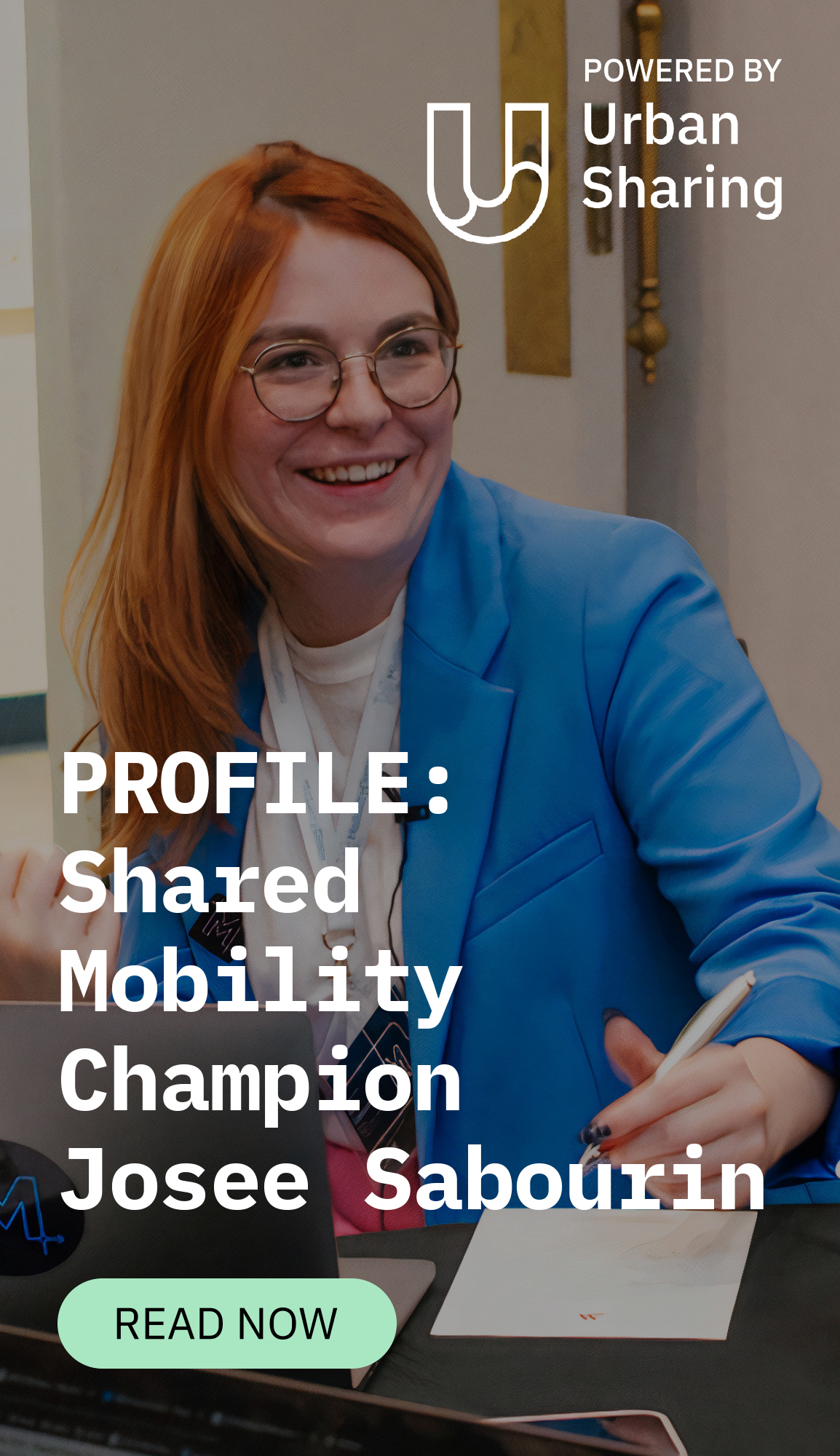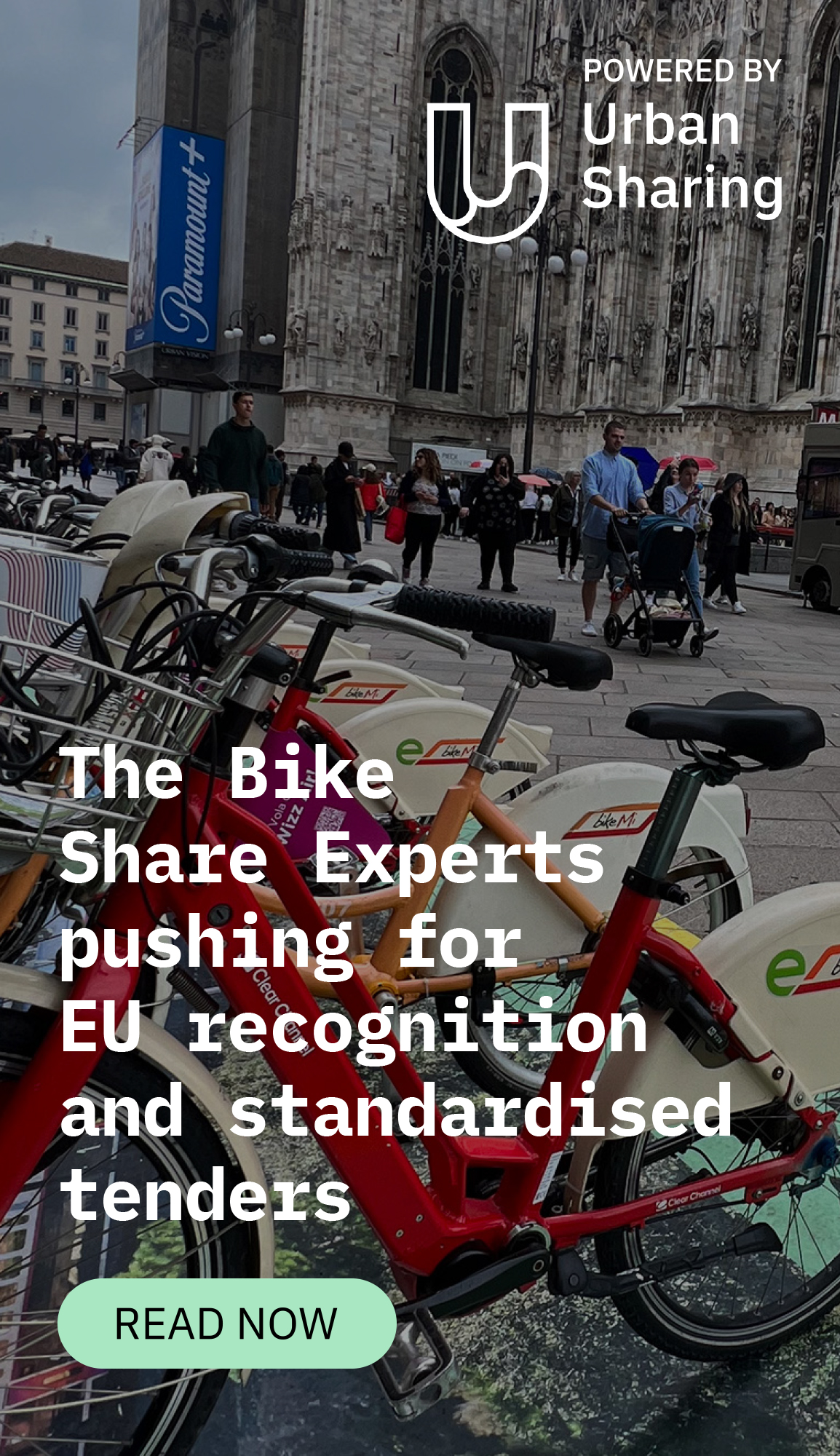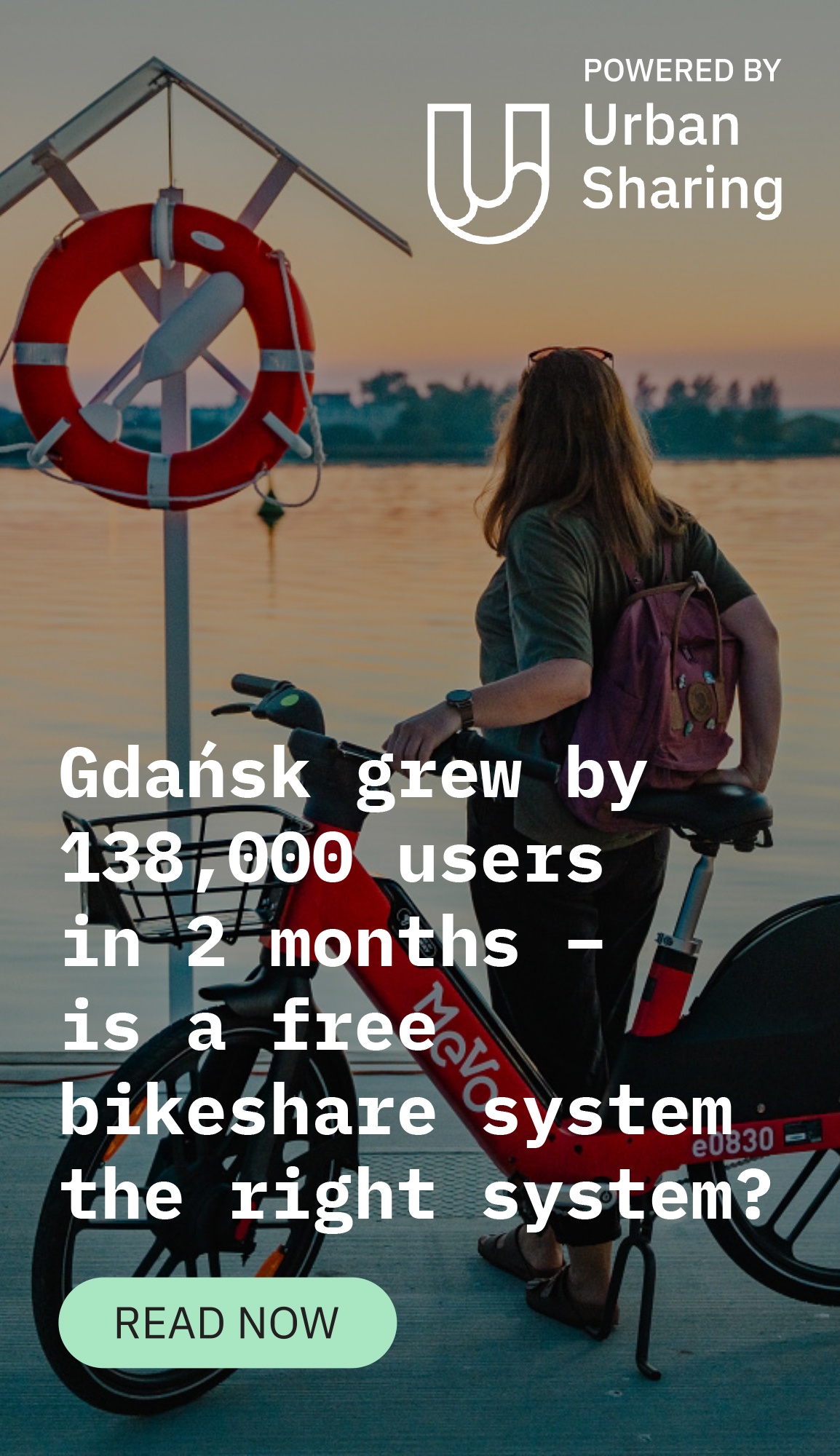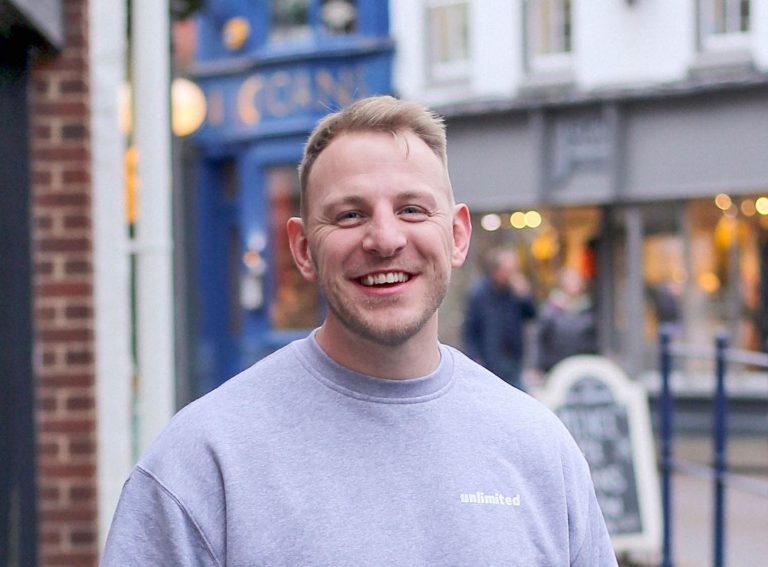Author: Haya Verwoord Douidri, Superpedestrian VP EMEA
February marked six months of operating Superpedestrian’s shared e-scooter fleets in Europe – and we’re thrilled by the warm welcome we’ve received.
We’re already serving four European cities, including Rome and Madrid, and we expect to open for business in another six in the next six weeks.
By the time our first anniversary in Europe rolls around in September, our LINK scooter will be serving residents in 20 cities across the Continent.
Our debut in Europe has certainly not been the easiest of introductions, with strict Covid-19 curbs in every country combining with the quieter demand for shared micromobility in the winter months.
However, we have been learning and growing.
We’re in good shape to continue supporting communities as they emerge from lockdowns into a hopeful Spring.
Here are a few early lessons from our European adventure.
1. Europeans love safety technology as much as we do
Superpedestrian, born of MIT minds, was created to use robotics and artificial intelligence (AI) to engineer the safest, most intelligent micromobility vehicles.
Our shared e-scooter, LINK, is the result of seven years of AI development and two years of chassis and powertrain design and validation.
We took our time to design, build and test the smartest, most robust shared micromobility vehicle possible, one that protects riders and pedestrians in a host of new ways.
While this commitment to never outsourcing safety was well received in our earliest cities, in North America, we couldn’t be sure how European city leaders would respond.
We’ve been overjoyed to find that transport authorities and riders across Europe love our suite of safety technologies, including onboard geofencing, three independent brakes, tip-over detection, Safe Stop, Ground Truth Mapping, and Composite Geofencing – all powered by VIS, our Vehicle Intelligent Safety system.
VIS protects riders by running 1,000 health checks every second, fine-tuning performance in real-time to prevent component failures or battery fires, and removing itself from service if it detects vandalism damage or anti-social behaviour.
VIS is as big a step-change in scooter safety as the seat belt was for cars.
This new frontier in vehicle safety underpins our proud record of zero reported serious injuries on our LINK scooters.
2. Talent bridges borders
Any employer would agree that finding the right people is no easy task. We expected this to be doubly true for our European team, as we transported a brand-new mobility service with a one-of-a-kind vehicle across the Atlantic.
However, our passion and work ethic helped us to attract amazing people. I feel privileged to be working shoulder-to-shoulder with a team of superstars.
For example, our policy director in Spain, Manuel, once led mobility policies in the Madrid region as part of the local government.
Mais, our wonderful operations manager in Madrid, is a qualified civil engineer.
Maurizio, who heads up our Rome business, expanded Cooltra’s fleet of shared vehicles to include scooters.
And our director of communications (EMEA) is Ross Ringham, who has briefed Members of Parliament in the UK on micromobility.
There are many others, of course.
We have built a thriving, inclusive and tight-knit unit here in Europe, one that perfectly complements our other departments across the globe. And we’re ready for the next batch of brilliant minds to join us
3. Cities and competitors are becoming increasingly sophisticated
Europe’s “second wave” of micromobility companies have learned from the mistakes of the industry pioneers.
Companies such as Dott, Tier and Voi have successfully shaped multi-faceted businesses that speak the language cities want to hear.
They are toppling the royals, Bird and Lime, from their thrones in many places.
It’s no surprise that European cities have likewise learned from the pitfalls of the early days of shared scooters.
Competitive tenders here have become more nuanced, more detailed and more rigorous.
For example, when Transport for London (TfL) released the opportunity to present proposals for a London e-scooter trial, it was certainly the most rigorous proposal request yet published.
We believe the industry is on the cusp of a “third wave” of micromobility businesses.
Cities won’t accept off-the-shelf vehicles for much longer.
They are realising that safety for riders and pedestrians starts with the scooter – and that only companies that design, build and test their own vehicles can meet emerging safety standards.
European countries don’t accept motor vehicles without safety belts anymore; before long, they won’t accept road-going e-scooters without safety systems like VIS.
For Superpedestrian, 2020 was our first year in the shared mobility market.
It was the year that showed us that cities everywhere appreciate our fully in-house engineered vehicle.
It was the year we partnered with some inspirational organisations, such as the All Party Parliamentary Group for Walking & Cycling and the scooter training school Scoot Fit.
And it was the year I began working with some truly visionary people, from our mechanics to our operations managers to our CEO.
Europe, we’re honoured to be here. We look forward to serving you more fully this year and beyond.
Sponsored by Superpedestrian
This article is featured as part of our partnership with Superpedestrian.

